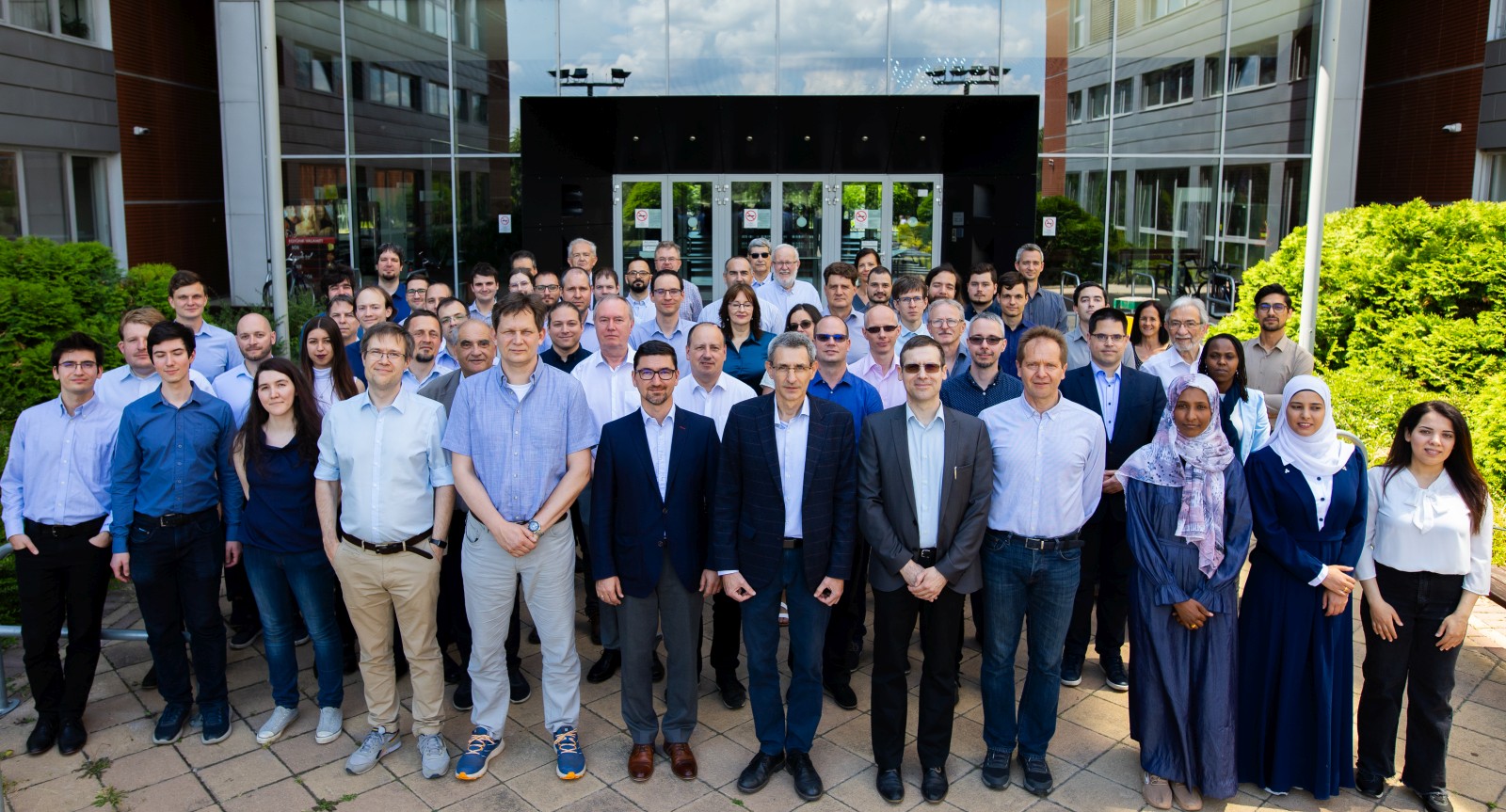
Department of Artificial Intelligence and Systems Engineering
Budapest University of Technology and Economics
Faculty of Electrical Engineering and Informatics
Latest news
The Critical Systems Research Group (ftsrg) at BME VIK MIT celebrated its 30th anniversary on the 4th of July. At the event, attended by more than 100 current and former colleagues, partners, and students, the group's members recalled the group's fundamental research and educational achievements. They provided insights into the latest results in blockchain, trusted data management, model-based system engineering, automatic verification, and graph generation. The Critical Systems Research Group at the Department of Artificial Intelligence and Systems Engineering (MIT) of BME VIK was...
The BME VIK Department of Measurement and Information Systems celebrated the 70th anniversary of its foundation by presenting the outstanding successes of the past decades and the new research and innovation directions of the forthcoming years. In response to the evolution of the department's focus areas, we announced a name change at the event on 18 June: keeping the MIT acronym, but now, under the name of the Department of Artificial Intelligence and Systems Engineering, we will continue our successful research and teaching work. The MIT Department of BME VIK was founded in 1954 as...
Welcome

Welcome to the Department of Artificial Intelligence and Systems Engineering!
Our main research and education areas are:
Artificial Intelligence
Critical Systems
Embedded Systems
Signal Processing
Contact
Head of the Department: László Gönczy head of department, associate professor
Deputy heads of the Department: Gábor Hullám deputy head of department, associate professor | György Orosz deputy head of department, associate professor
Address: H-1117 Budapest, XI. Magyar tudósok körútja 2. Building "I" Wing E IV. floor IE444.
Postal address: H-1518 Budapest, Pf. 91.
Phone: +36-1-463-2057, fax: +36-1-463-4112
E-mail: Administration mitadm@mit.bme.hu; Education: oktadm@mit.bme.hu
Social media: LinkedIn | Facebook
The department is located in buliding "I" in the Infopark.
 BME-MIT
BME-MIT